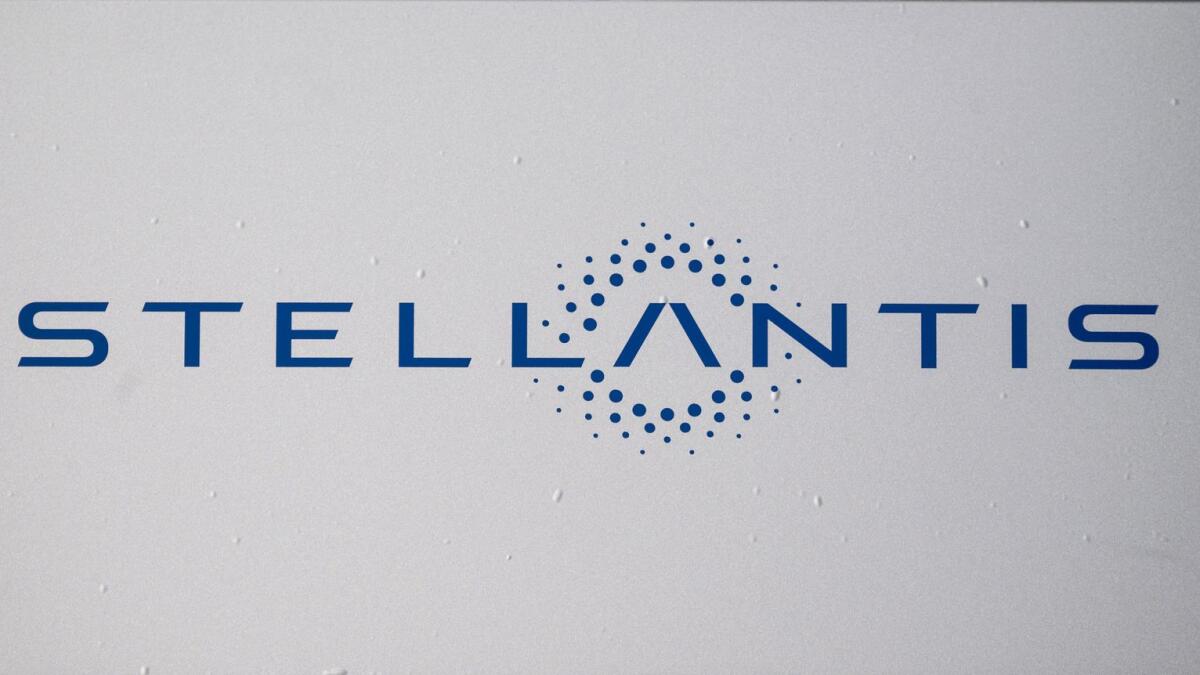Stellantis is suing Autoliv and ZF/TRW for allegedly overcharging them for safety equipment such as seatbelts, airbags, and steering wheels. The European carmaker claims that long-running cartels led to them being overcharged for roughly a decade, resulting in a lawsuit worth 771 million euros ($854 million). Autoliv and TRW, which was acquired by ZF Friedrichshafen in 2014, were previously fined by the European Commission for participating in cartels involving products sold to Japanese and European car manufacturers.
The trial at the Competition Appeal Tribunal is expected to last for five weeks, with Stellantis arguing that the cartels’ practices went beyond the European Commission’s findings. The company’s lawyer, Colin West, stated that it was unlikely that the cartels only affected some carmakers and not Stellantis’ brands. However, Autoliv and ZF/TRW’s lawyers maintain that the European Commission’s investigations did not target Stellantis specifically and any overcharge may have been passed on to customers by the carmaker.
Stellantis was formed in 2021 through the merger of Fiat Chrysler Automobiles and PSA Group, making it one of the largest carmakers in Europe. The lawsuit against Autoliv and ZF/TRW highlights the importance of fair competition in the automotive industry and the consequences of anti-competitive practices. The companies involved in the cartels have faced significant fines in the past, indicating a pattern of behavior that has affected various car manufacturers worldwide.
The legal battle between Stellantis and Autoliv, ZF/TRW sheds light on the complexities of antitrust laws and regulations governing the automotive sector. The trial will determine whether the European carmaker was unfairly overcharged for safety equipment due to the alleged cartels, potentially setting a precedent for future cases involving anti-competitive practices. The outcome of the lawsuit could also impact the relationship between car manufacturers and suppliers, fostering greater transparency and accountability in the industry.
Stellantis’ decision to pursue legal action against Autoliv and ZF/TRW underscores the company’s commitment to upholding fair competition and protecting consumers from overpricing practices. By holding suppliers accountable for alleged cartels, Stellantis is sending a clear message that anti-competitive behavior will not be tolerated in the automotive industry. The lawsuit serves as a reminder to all stakeholders that adherence to antitrust laws is essential for maintaining a level playing field and ensuring the well-being of customers and competitors alike.
As the trial unfolds over the next five weeks, the automotive industry will be closely watching the developments in the Stellantis vs. Autoliv, ZF/TRW lawsuit. The outcome of the case could have far-reaching implications for car manufacturers, suppliers, and consumers, influencing future business practices and regulatory enforcement. Regardless of the verdict, the legal battle serves as a critical moment for addressing anti-competitive behavior in the automotive sector and promoting a culture of fair competition and transparency among industry players.











